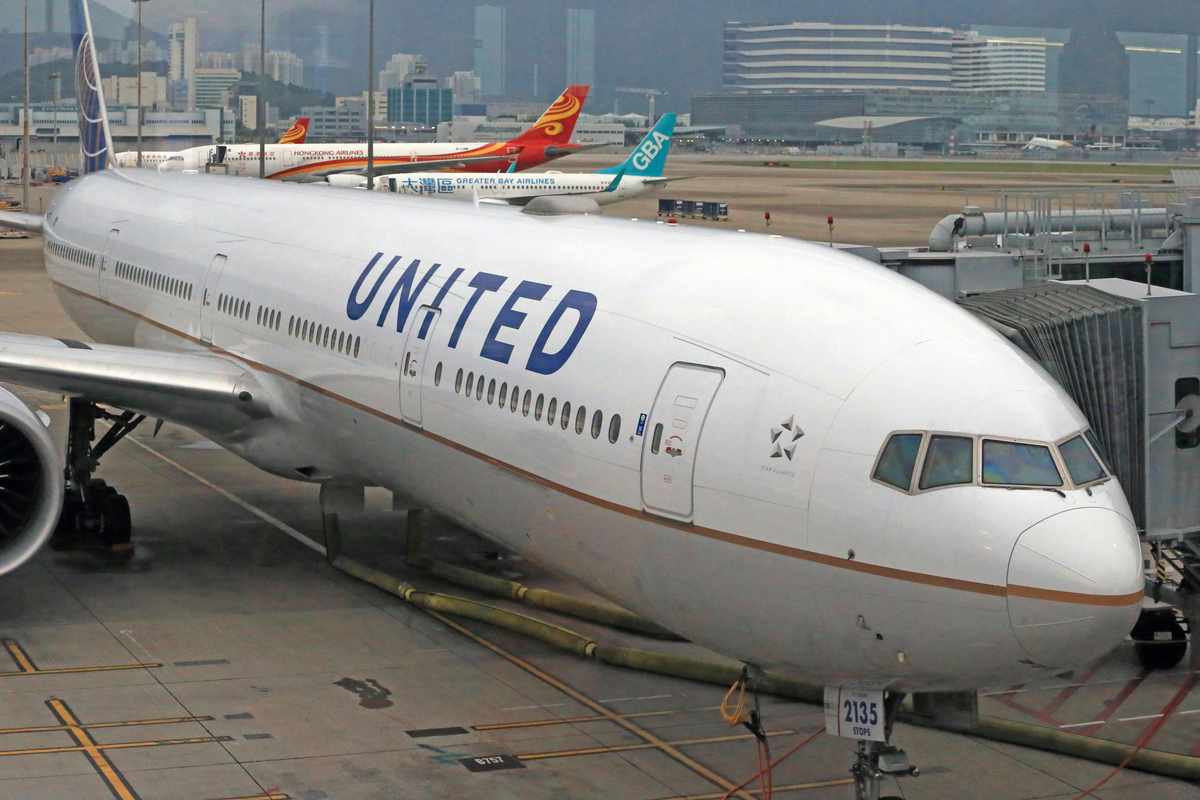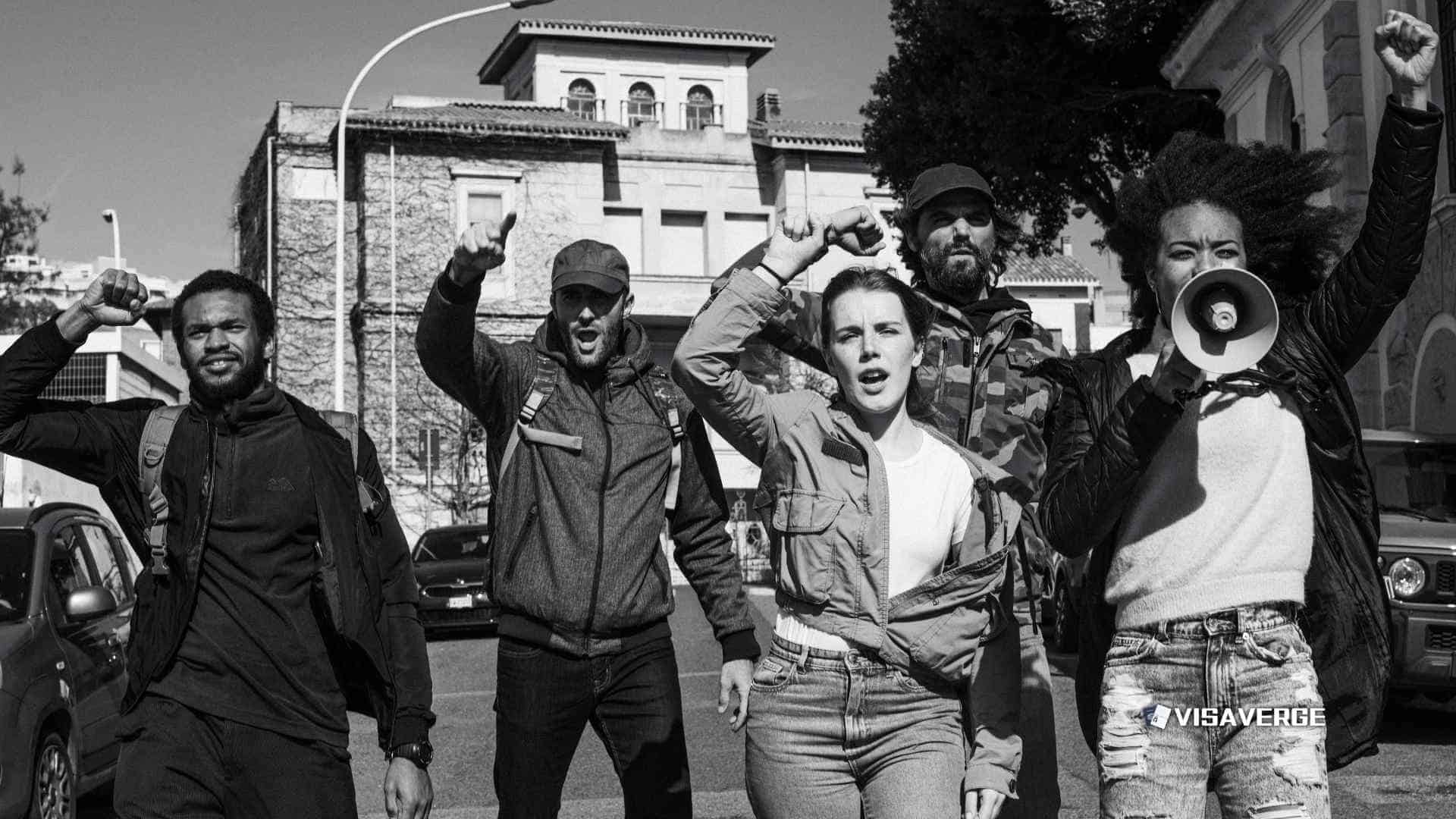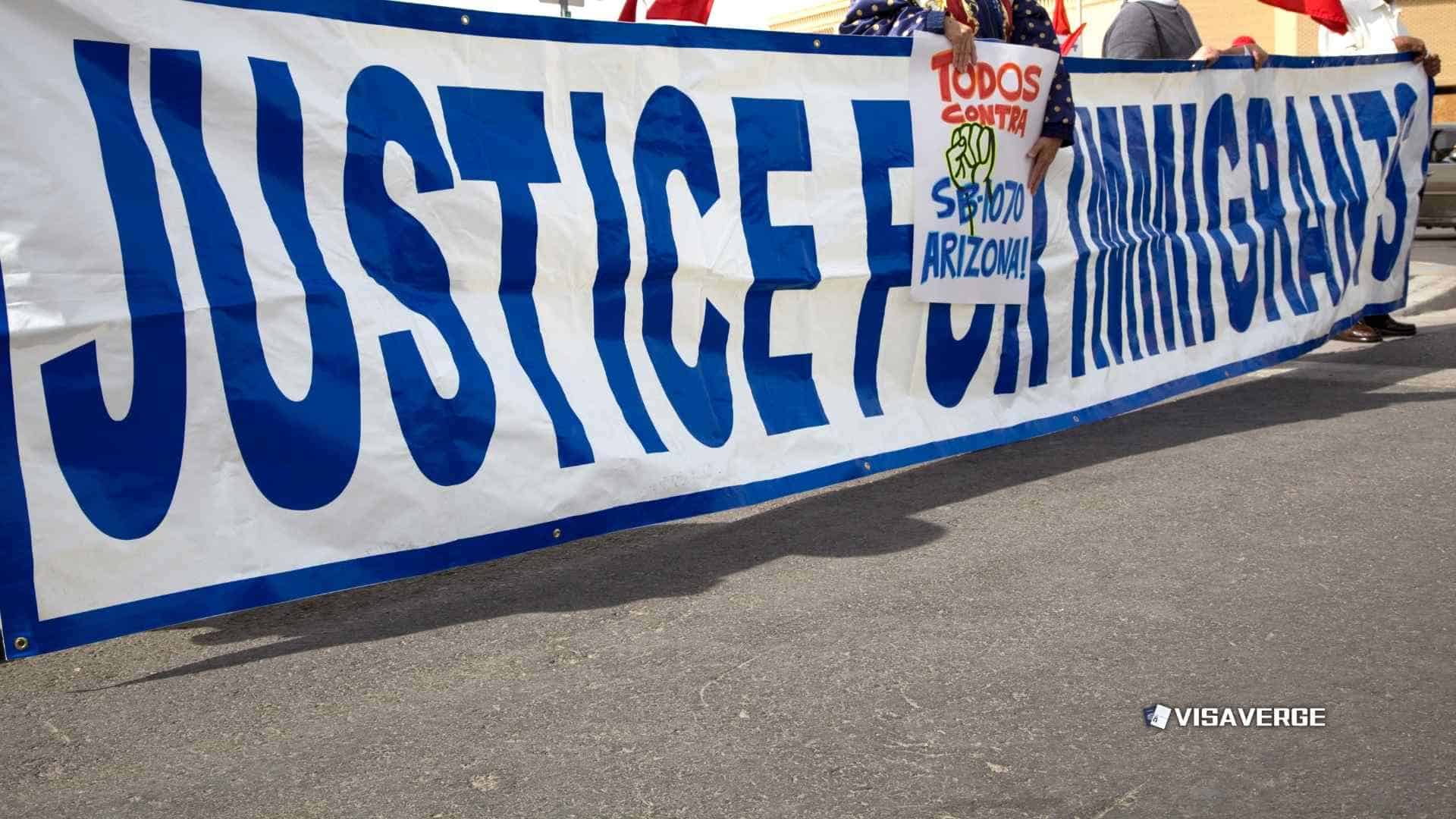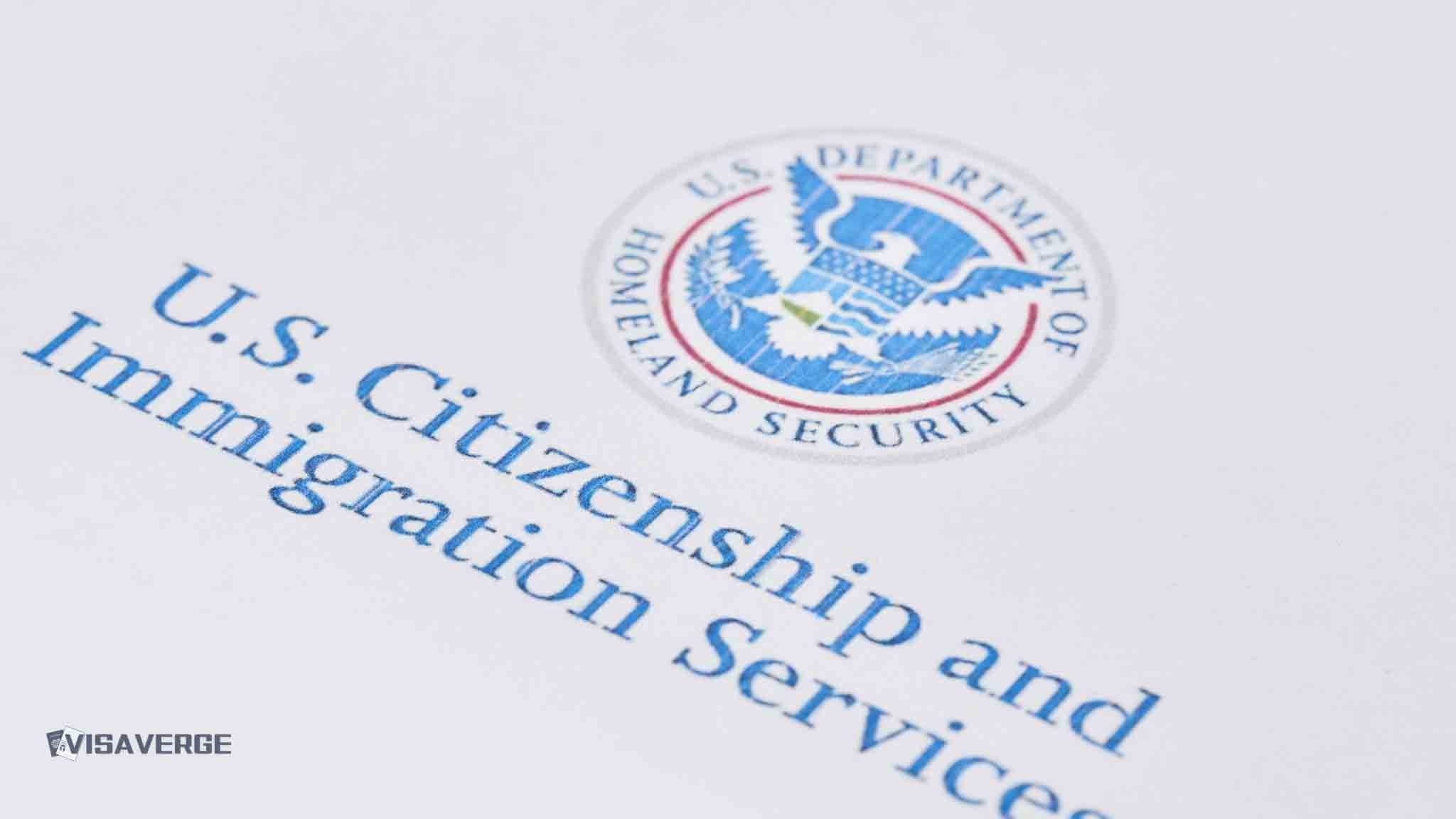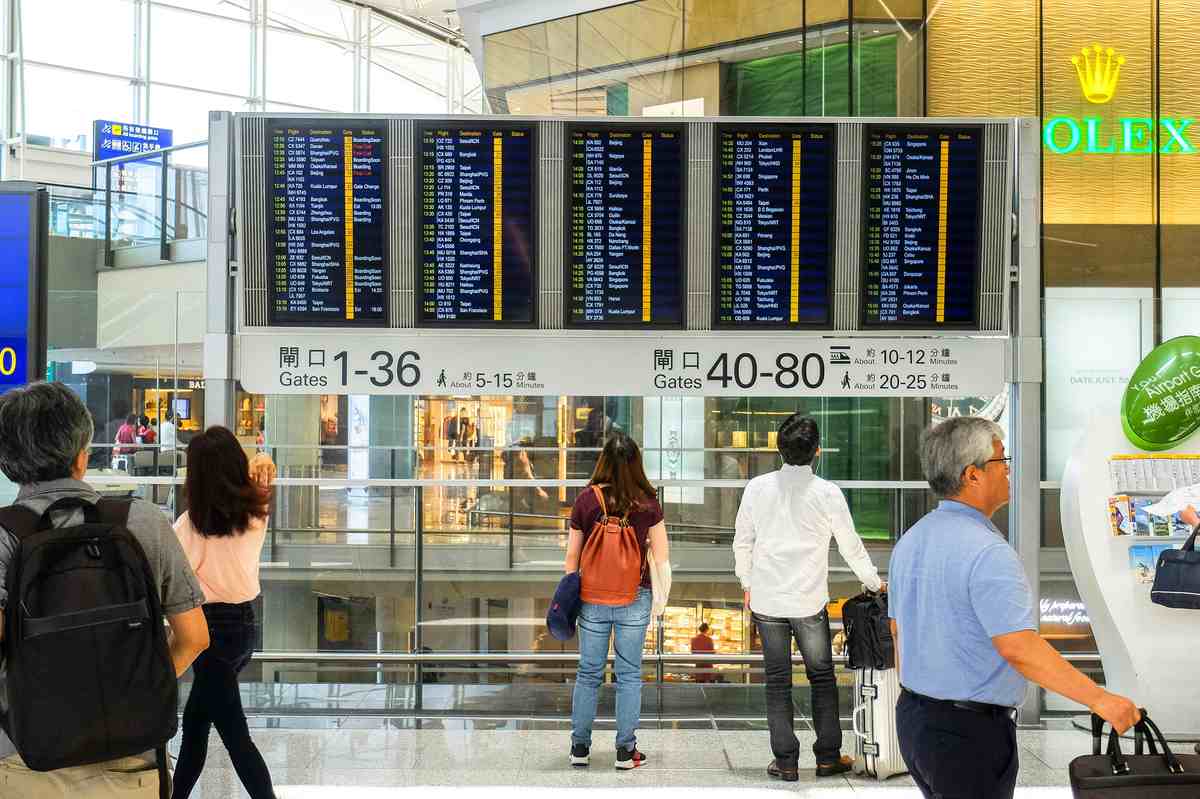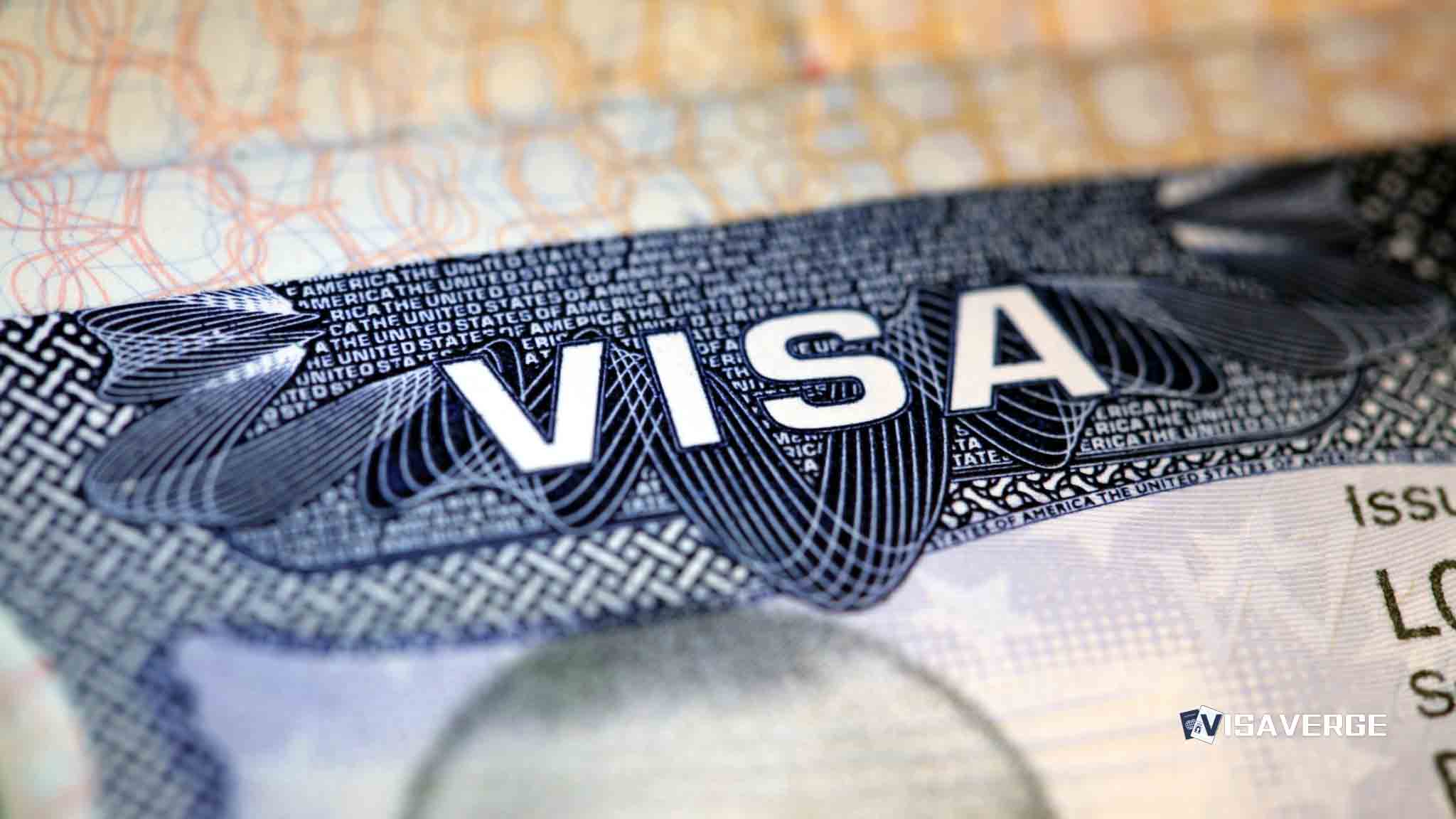As of August 21, 2025, Canadian immigration officers are applying closer checks to marriage records, and not every Marriage Certificate is treated the same. Recognition depends on where the marriage happened, whether the document is authentic, and if the union meets both the law of the place of marriage and Canadian law. The rule remains consistent: the marriage must be legally valid where it took place and must not violate Canadian rules.
This affects spousal sponsorships, Express Entry profiles, and any application where marital status changes eligibility, points, or admissibility. Applicants who assume a simple certificate will always work can face refusals or long delays if the paper trail is weak, the translation is not certified, or the marriage would be illegal in Canada.

Key changes and why they matter now
Authorities confirm there have been no major policy shifts to the core rule (valid where it occurred and under Canadian law). However, document verification is receiving more attention.
- Officers are trained to look closely at foreign Marriage Certificates, especially from countries with high rates of document fraud or where the registration system is not centralized.
- In practice, expect more requests for:
- Authentication of the document,
- Better-quality certified translations, and
- Stronger proof that a ceremony complied with local legal requirements.
Officers also check that the marriage type is not prohibited in Canada, including polygamous unions. While this tightening is not a new law, it is a strong operational focus. Couples married abroad or in communities where civil registration is rare should prepare for extra steps.
Immediate implications for applicants and sponsors
For any application where marital status matters, the Marriage Certificate is a critical document. If the certificate is foreign, applicants should expect to provide a version that immigration officers can trust: authentic, readable, and legally issued by the authority that registers marriages in the place where the ceremony occurred.
- If these basics are missing, the file can be refused or returned.
- Officers may ask for additional documents, such as:
- Divorce certificates from prior marriages,
- Birth certificates to confirm identity,
- Marriage search letters or single status affidavits (where local practice makes these useful).
The increased focus on verification means applicants should plan for added time to gather documents and avoid delays.
Recognition rules: inside Canada vs outside Canada
- If you married in Canada, you need a Marriage Certificate issued by the province or territory where the ceremony took place.
- A city, church, or celebrant’s record is not sufficient for Canadian immigration.
- Order the official certificate from the vital statistics authority.
- If you married outside Canada, you must provide a legal Marriage Certificate issued by the foreign government body responsible for marriage registration.
- Private, religious, or community certificates may not meet the standard unless they are legally equivalent in that country’s system.
- If the certificate is not in English or French, include a certified translation.
- If authenticity is in doubt, officers may request authentication from the foreign authority or verification through Canadian channels.
Note on embassy marriages: marriages performed in an embassy or consulate are governed by the law of the host country, not the embassy’s home country. Such marriages must meet the legal rules of the country where the embassy is located.
Authentication and certified translation: what officers expect
Foreign Marriage Certificates are often reviewed for authenticity. This can include checks on seals, registration numbers, and issuing authorities. Where appropriate, officers may ask for formal authentication.
- For non-English/French documents, use a certified translator and include translator stamps or affidavits as required.
- Avoid informal or machine translations—officers expect faithful, complete translations matching the original document.
- If names or spellings differ across documents, include explanations or legal proof of name changes.
Helpful supporting documents when marrying abroad:
– Official marriage search letters or
– Single status affidavits — especially in jurisdictions with decentralized or uneven record-keeping.
The goal: give officers confidence that the union is lawful where it occurred and that the Marriage Certificate is genuine.
Fraud prevention and legality checks
Canadian officers must protect the system from false documents and unions that violate Canadian law (e.g., polygamous marriages). The scrutiny is sharper now, targeting:
- Certificates from places known for document fraud,
- Paperwork produced by unofficial intermediaries,
- Marriages lacking civil registration.
Applicants can reduce risk by:
– Ensuring the certificate comes from the proper issuing office,
– Maintaining a transparent document trail,
– Using certified translations, and
– Providing registry extracts or civil registration receipts when possible.
Marriages lawful in one country may still be unrecognized in Canada if they conflict with Canadian legal standards.
Submission steps and supporting evidence
IRCC application systems prompt applicants to list marital status. If “married” is declared, officers will later look for supporting documentation. Typical expectations:
- Declare your status as married where the application asks.
- Submit the original or a certified copy of the Marriage Certificate from the proper issuing authority.
- If foreign:
- Include authentication when requested.
- Provide a certified translation if not in English or French.
- Provide supporting identity documents (e.g., birth certificates).
- Include divorce certificates for prior marriages if applicable.
- Follow the personalized IRCC document checklist for case-specific items.
Small details matter—names, dates, and places should match across documents. Supply high-resolution scans that show seals and margins. A complete package up front reduces follow-up requests and delays.
Program areas affected most
- Spousal sponsorships — certificate proves the legal union anchoring the application.
- Express Entry — marital status can affect points and family composition.
- Temporary residence — a valid certificate can determine who qualifies as a spouse for particular measures.
Where the foreign registration system is robust, the document path is usually straightforward. Where the system is less formal, be prepared for authentication and strong certified translations.
Getting the right Canadian certificate from a province or territory
If married in Canada:
– Order the official Marriage Certificate from the province or territory where the ceremony occurred.
– Do not submit a license, celebrant letter, church record, or ceremonial keepsake in place of the official certificate.
– Choose the certificate format commonly accepted by government agencies (many vital statistics offices offer multiple formats).
– If names changed after marriage, add supporting ID showing both names to reduce confusion.
Build time into your plan to order a new copy if needed—the more complete (registration numbers, seals), the easier the review.
Planning a wedding abroad: documents that help later
Before marrying abroad, check the foreign country’s requirements. Some common pre-marital documents include:
– Single status affidavits,
– Letters from a home government office confirming freedom to marry,
– Marriage search letters showing no existing marriage in local records.
Keep certified copies of everything you submit and receive. If both religious and civil records are issued, ensure civil registration is completed to create the official Marriage Certificate. Upon returning to Canada or when applying, authenticated records and certified translations strengthen your file.
Common problem areas and how to avoid them
Common pitfalls:
– Relying on community or religious papers never registered with civil authorities.
– Polygamous unions (not recognized in Canada).
– Certificates in non-official languages without proper certified translation.
– Confusion over embassy or consulate marriages (must meet host-country law).
Avoid issues by collecting:
– Civil registration receipts,
– Registry extracts,
– Authentication stamps (where available),
– Clear records of name spellings across alphabets.
These steps prevent larger problems during immigration review.
Increased verification in practice
Officers now pay greater attention to:
– Paper quality,
– Seals and registration numbers,
– Whether the issuing body is the correct public office.
Applicants may face additional requests to confirm the marriage was legal rather than merely ceremonial. The emphasis on document verification supports system integrity and fair processing.
According to VisaVerge.com analysis, couples who secure official civil records, certified translations, and authentication when needed, typically avoid repetitive requests and delays.
Human impact and access challenges
People from countries with less formal marriage registration often face extra hurdles:
– Multiple local office visits,
– Costly or slow travel to registry offices,
– Name spelling inconsistencies across scripts.
These realities can delay family reunification. Advocacy groups ask for clearer guidance on authentication for applicants from such regions. Canadian officials stress that checks protect fairness and security. Practical advice:
– Learn the local marriage process beforehand,
– Keep all civil paperwork,
– Order the official Marriage Certificate as soon as it’s available.
Timeline and implementation notes (2024–2025)
Between 2024 and 2025, the main rule remained unchanged: the marriage must be valid where it occurred and under Canadian law. What changed is the practical emphasis on verification and training for officers. Expect these standards to persist, and possibly become easier to follow as digital tools improve.
Digital verification and possible international cooperation
Looking ahead, authorities aim to:
– Improve digital verification systems for quicker authenticity checks,
– Foster international cooperation for smoother authentication and mutual recognition.
Better systems should mean fewer repeat requests and faster reviews when records are genuine. Officers will continue receiving training on cultural and legal differences in marriage documentation to read foreign certificates with greater confidence.
Practical checklist for a strong file
To reduce risk, follow this plan:
– Obtain the official Marriage Certificate from the correct civil authority.
– If issued abroad and not in English or French, include a certified translation.
– Secure authentication where required.
– Add supporting identity papers and divorce certificates for past marriages.
– Keep name spellings consistent; add proof of name changes if applicable.
– Respond quickly and clearly to IRCC document checklists.
This aligns with the emphasis on validity, authenticity, and clear documentation across Canadian immigration programs.
Where to get help and official contacts
- Consult IRCC resources for immigration checklists and application steps.
- For marriages within Canada, contact the vital statistics office of the province or territory where the ceremony took place.
- For document authentication, Global Affairs Canada provides guidance: https://www.international.gc.ca/gac-amc/serv/authentication-authentification.aspx.
- Local embassies or consulates can explain country-specific marriage rules and how to request official records.
- For Ontario-specific matters, Service Ontario issues provincial certificates; other provinces and territories have analogous vital statistics offices.
Final notes for couples and families
The core message is steady: a Marriage Certificate must be lawful where issued and acceptable under Canadian law, backed by authentication and certified translation when needed. Officers are paying closer attention, especially to foreign documents, to keep the system fair and secure.
Practical steps that avoid pitfalls:
– Use civil registration,
– Order the official certificate,
– Prepare clean, certified translations,
– Keep a clear document trail.
These measures help your Marriage Certificate support Canadian immigration goals without delay. When in doubt, check local rules where you plan to marry, collect civil proof early, and keep all records organized.
Frequently Asked Questions
This Article in a Nutshell
Canadian officers now scrutinize Marriage Certificates more closely. Authentic, legally issued civil certificates, certified translations, and authentication prevent refusals. Prepare official documents, registry extracts, and divorce papers where applicable. For foreign marriages, verify civil registration and use certified translators. Strong documentation reduces delays and supports spousal sponsorship and Express Entry applications.


